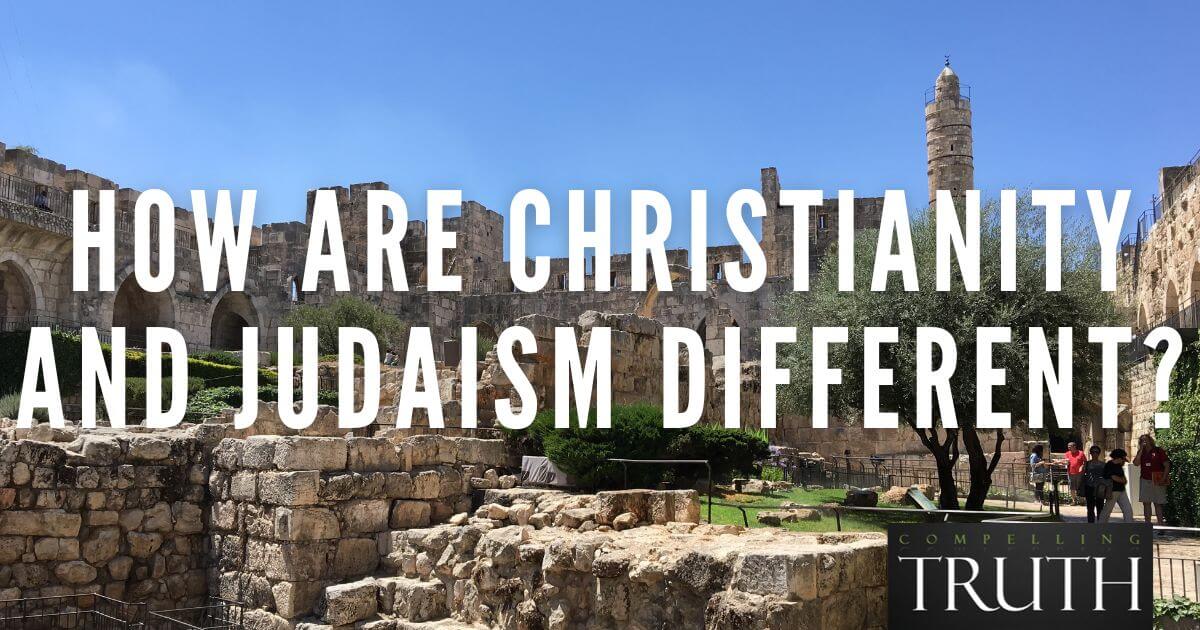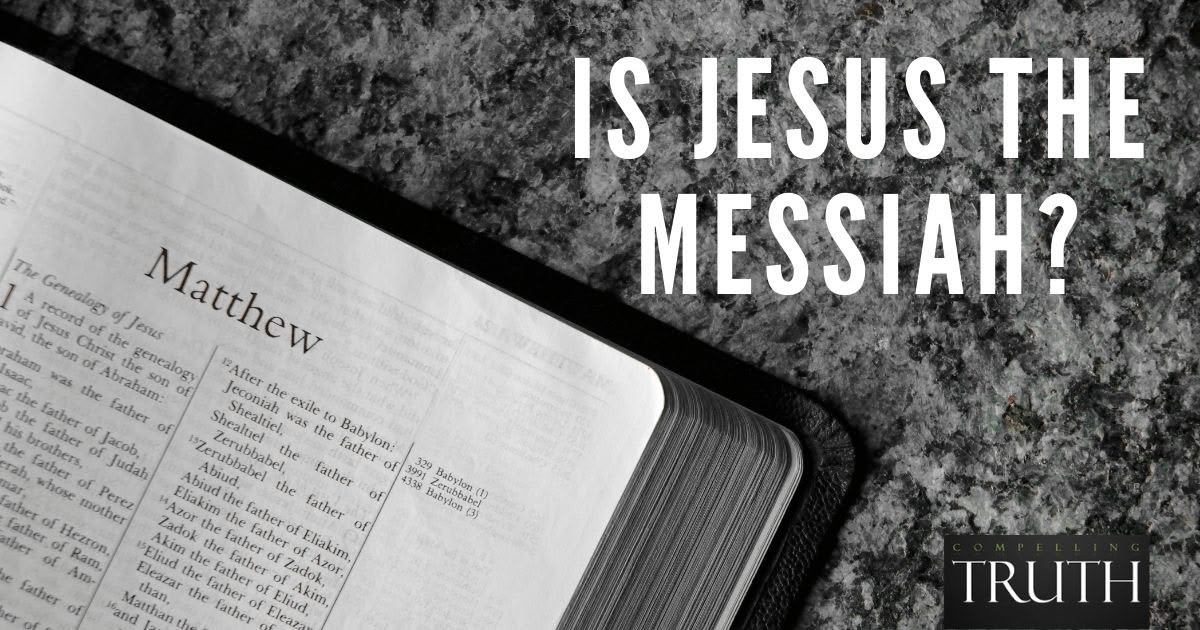Aliyah in Hebrew means "elevation" or "going up" and can refer to two different parts of Jewish life: Being called up to say the blessing before or after reading the Torah in the synagogue or moving to the land of Israel. Aliyah is not specifically mentioned in the Bible, but some concepts surrounding it are. The Old Testament includes numerous passages about God’s people being returned from exile back to their homeland (Isaiah 43:5-6; Jeremiah 23:5-8; Ezekiel 37:21–25). Today, Israel's Law of Return gives automatic rights to Jews and their descendants for assisted immigration, settlement, and citizenship into the State of Israel. The Old and New Testaments both promote the idea of spiritual growth and closeness to God through the reading of His Word (Psalm 1:1-2; 119:10-11; Colossians 3:16). Of course, the Bible teaches that the only way to draw closer to God is through repentance and reliance on Jesus' sacrifice (Acts 4:12; John 14:6). God desires people to draw closer to Him, so He made a way for that to happen that doesn’t rely on where we go or what human-bestowed honor we receive. A humble heart and faith in His Son's death and resurrection elevates us in the eyes of God (Colossians 3:12).
How do you feel if you’re asked to speak in front of an audience? If you’re like most people, you don’t look forward to it. Public speaking is among the top five greatest fears. But it can also be an honor in many circumstances, such as giving a graduation address or in Judaism, being chosen to deliver the Aliyah. The elevated podium, called the bimah, implies the honor—standing above everyone else to recite a blessing over the Torah.
Though reading God’s Word helps us know Him better, no reading, in and of itself, can really draw us closer to God. Sin separated us from God. By taking on the sins of all humanity and dying for them, Jesus removed that separation for those who place their faith in Him. Matthew indicates that after Jesus had “yielded up his spirit” (Matthew 27:50), “the curtain of the temple was torn in two, from top to bottom” (Matthew 27:51). That curtain separated the Holy Place from the Most Holy Place in the temple where God’s presence dwelled; only the high priest could enter that place and only on the Day of Atonement. The tearing of that curtain symbolized that since Jesus' death for our sins, we can now approach God directly through His Son, the Great High Priest (Hebrews 4:14-16). That is an honor that exceeds any that human beings can bestow.




